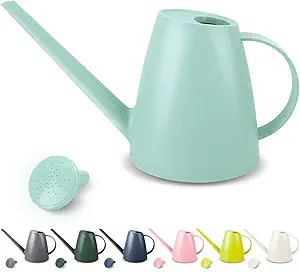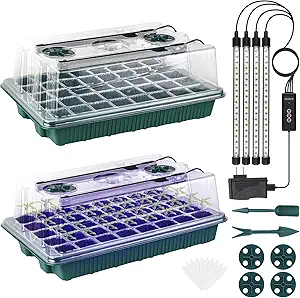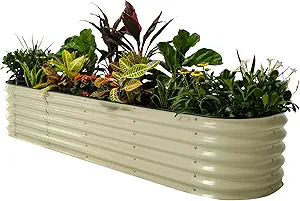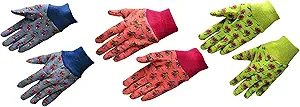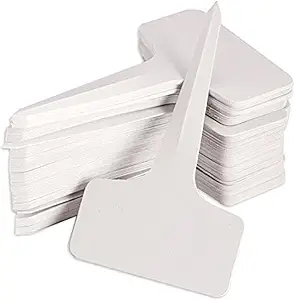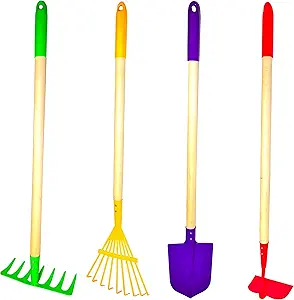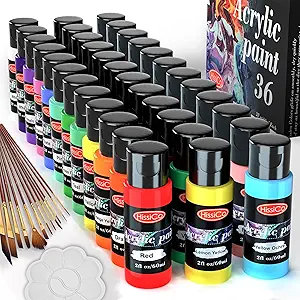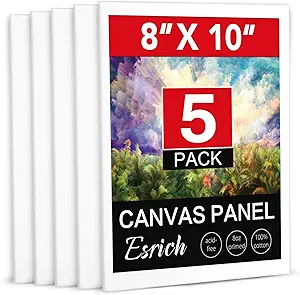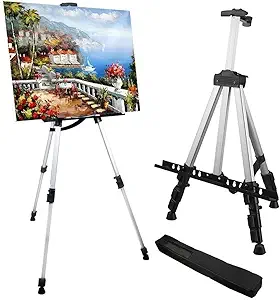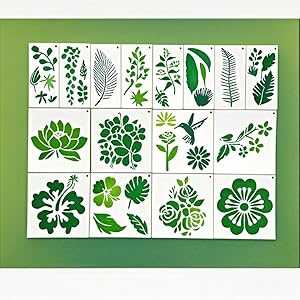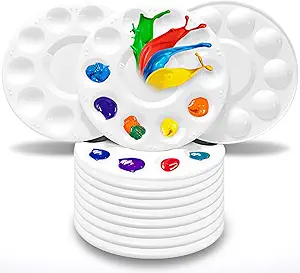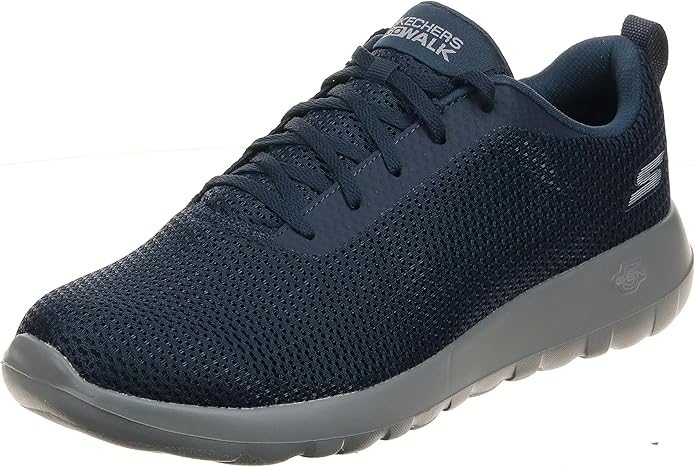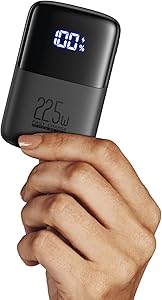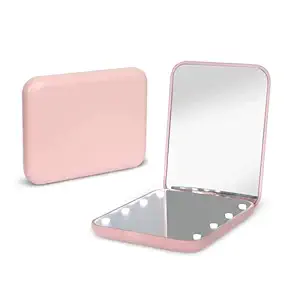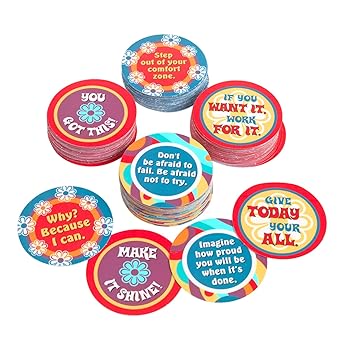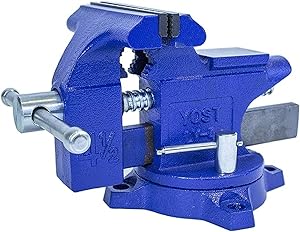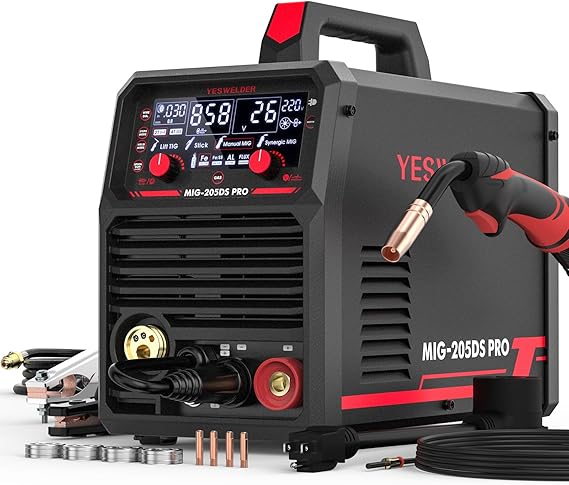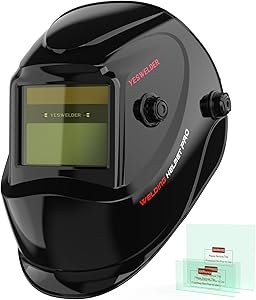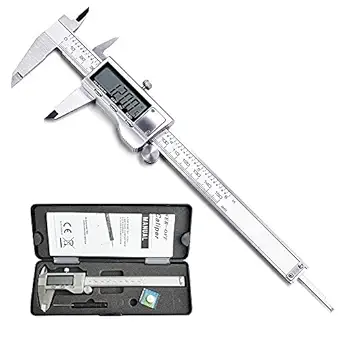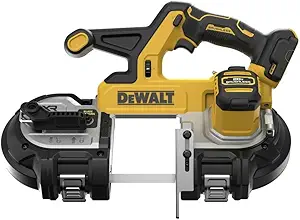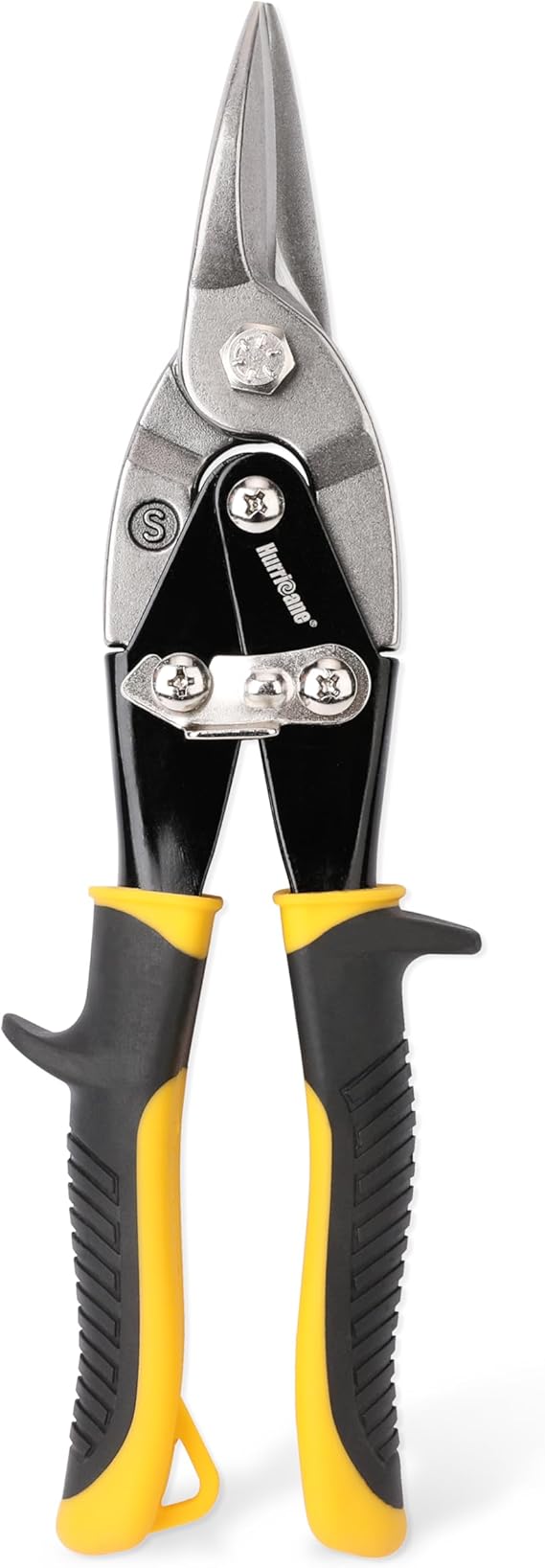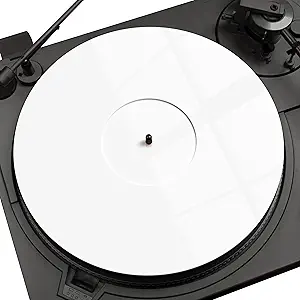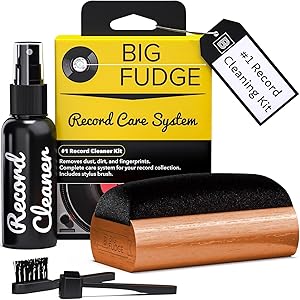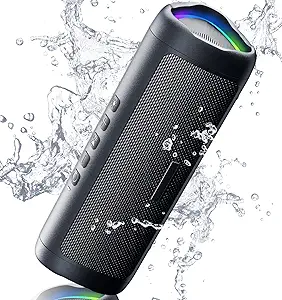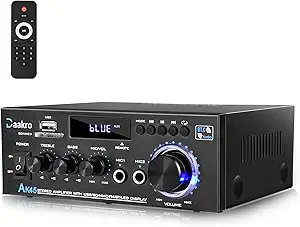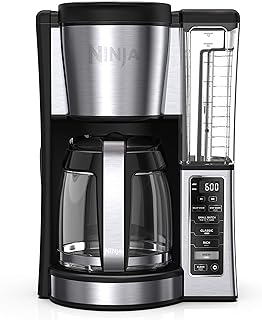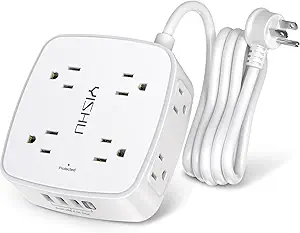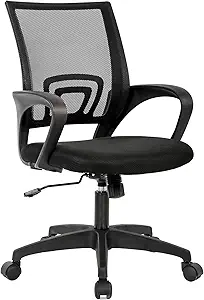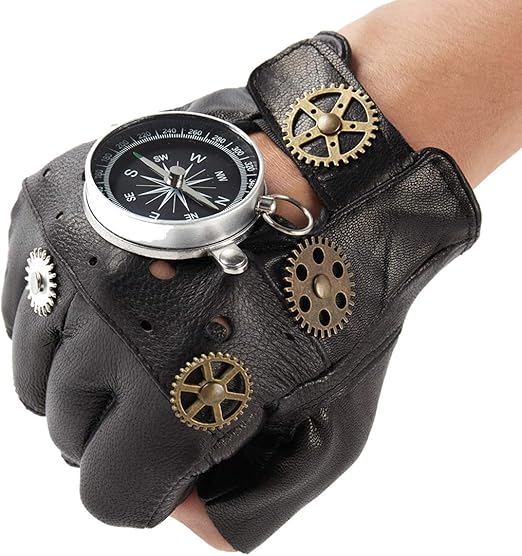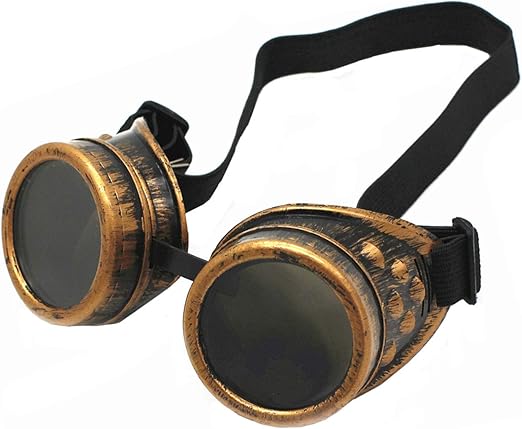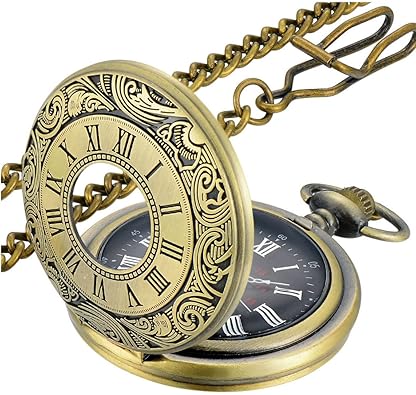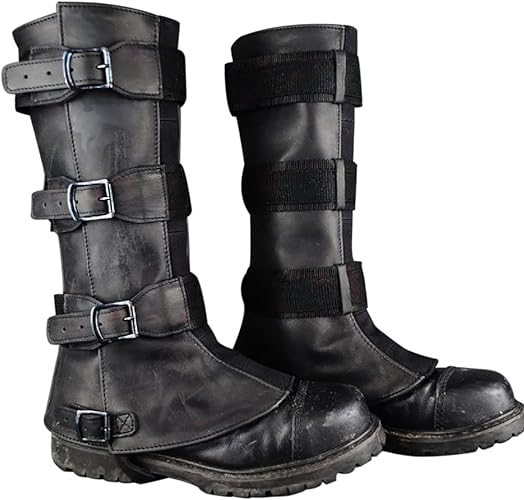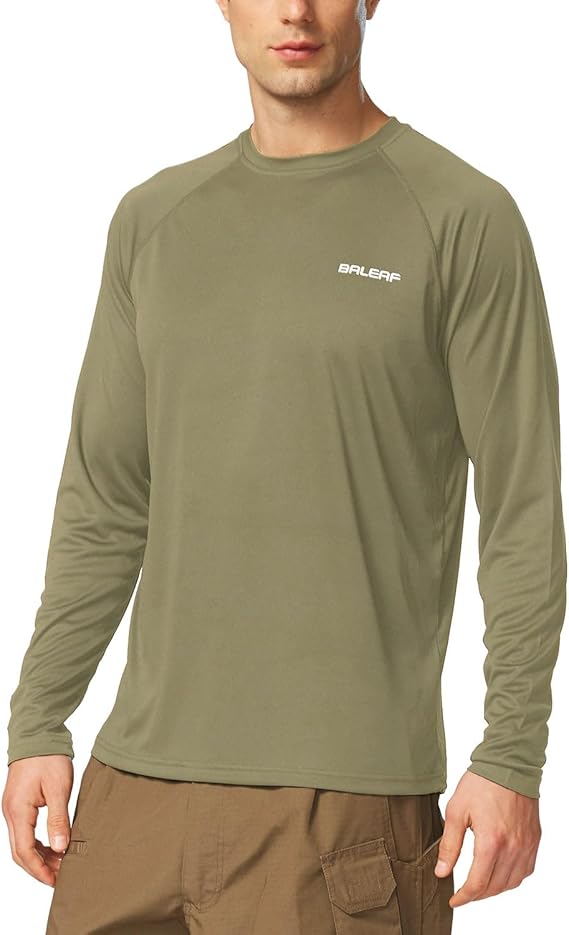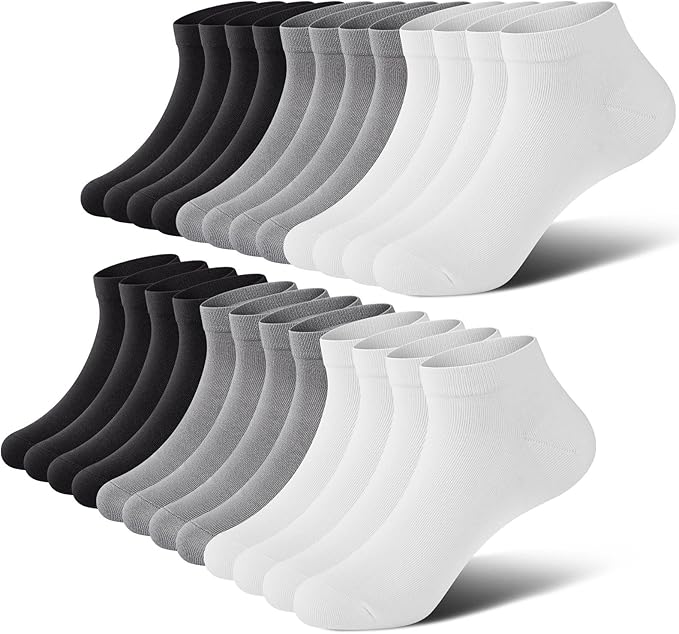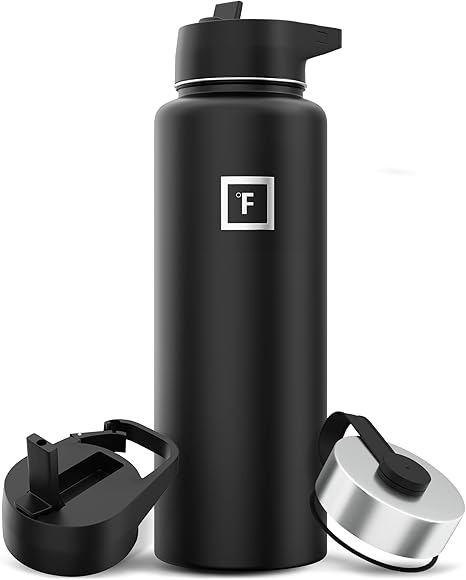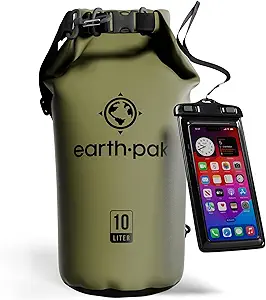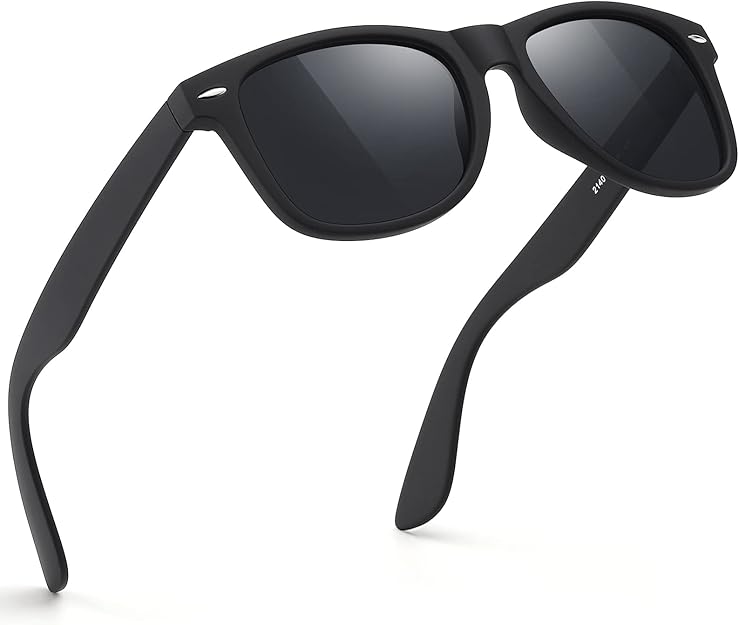Mountain climbing isn’t just a test of strength—it’s a test of endurance, preparation, and smart energy management. Whether you’re scaling a gentle peak or tackling a high-altitude ascent, what you eat and drink before, during, and after your climb can make the difference between reaching the summit or hitting a wall halfway up.
Your body needs the right fuel, hydration, and energy sources to perform under intense physical stress and changing conditions. A solid nutrition and hydration plan keeps your muscles working efficiently, your mind sharp, and your energy levels consistent.
In this guide, we’ll break down the best food, hydration, and energy essentials for mountain climbing trips—everything you need to keep your performance and stamina at their peak.
1. Why Nutrition Matters in Mountain Climbing
Climbing a mountain is one of the most demanding physical activities. You’re working against gravity, elevation, and often cold temperatures—all of which burn calories faster than you might expect.
On average, climbers can burn anywhere from 3,000 to 6,000 calories a day depending on altitude and difficulty. That means every snack, sip, and meal counts.
Key Goals for Nutrition on the Mountain:
-
Sustain energy levels: Avoid spikes and crashes by balancing carbs, fats, and protein.
-
Maintain hydration: Prevent dehydration, especially at higher altitudes where water loss increases.
-
Support recovery: Help your muscles repair and stay strong during multi-day climbs.
2. Pre-Climb Nutrition: Building Your Base
Preparation starts before you even hit the trail. The day before your climb, focus on fueling your body with slow-digesting, nutrient-rich foods.
The Day Before the Climb:
-
Carb-Loading: Whole grains, rice, pasta, and potatoes help fill glycogen stores in muscles.
-
Protein Boost: Lean meats, eggs, beans, or tofu to prepare your muscles for exertion.
-
Hydration: Drink plenty of water and electrolytes to start fully hydrated.
Pre-Climb Breakfast:
Aim for a meal rich in complex carbohydrates and moderate protein about 2–3 hours before your climb.
-
Oatmeal with fruit and nuts
-
Whole-grain toast with peanut butter
-
Greek yogurt with granola and honey
-
Hydration: 500–700 ml of water before starting
3. On-the-Go: Snacks That Fuel Your Climb
When you’re on the mountain, your body needs easily digestible, energy-dense foods that don’t weigh you down. You’ll want quick-access snacks that fit in pockets or small pouches.
Top Energy Snacks for Climbers:
-
Trail Mix – A classic combo of nuts, seeds, dried fruit, and chocolate offers protein, fat, and quick carbs.
-
Energy Bars – Choose ones with natural ingredients, balanced macros, and minimal added sugar.
-
Dried Fruit – Lightweight, easy to pack, and high in natural sugars.
-
Nut Butter Packets – Almond or peanut butter pouches provide long-lasting energy.
-
Jerky – Great for protein and salt replenishment (beef, turkey, or vegan options).
-
Rice Cakes or Energy Wafers – Simple carbs that are gentle on the stomach.
-
Electrolyte Gummies or Chews – Help replace salts lost through sweat.
Pro Tip:
Eat small portions every 45–60 minutes instead of large meals to maintain steady energy.
4. Hydration: Your Lifeline at Altitude
At higher altitudes, your body loses water faster due to dry air and heavy breathing. Dehydration leads to fatigue, cramps, and reduced focus—dangerous in mountain environments.
How Much Water Do You Need?
-
Moderate climbs: 2–3 liters per day
-
High-altitude climbs: 3–5 liters per day
Hydration Tips:
-
Start early: Drink before you’re thirsty—thirst means you’re already dehydrated.
-
Use a Hydration Bladder: Hands-free drinking keeps you hydrated without stopping.
-
Alternate plain water with electrolytes: Replace lost salts, especially on long climbs.
Best Electrolyte Options:
-
Tablets or powders (Nuun, Hydralyte, Liquid I.V.)
-
Natural sources: Coconut water or diluted fruit juice
Avoid:
-
Sugary sodas and alcohol—they dehydrate and cause energy crashes.
5. Mid-Climb Meals: When You Need Real Food
For long or multi-day climbs, lightweight but filling meals are essential. The goal: fuel without bulk.
Best Mid-Climb Meal Options:
-
Instant Oatmeal Packets – Just add hot water. Great for breakfast breaks.
-
Dehydrated Backpacking Meals – Brands like Mountain House or Good To-Go are nutritious and easy to prepare.
-
Instant Noodles or Soups – Lightweight and warming for colder climbs.
-
Tortillas with Nut Butter or Tuna Packets – A flat, easy-to-pack lunch option.
-
Boiled Eggs or Protein Wraps – Simple protein-packed meals.
Cooking Tip:
Use compact stoves or lightweight camping cookware to heat meals at base camps or rest spots.
6. Post-Climb Recovery Nutrition
Once you’ve conquered the peak (and descended safely), your body needs recovery fuel to repair muscles and replenish lost nutrients.
Recovery Foods:
-
Protein Shake or Smoothie: Within 30 minutes post-climb for muscle recovery.
-
Balanced Meal: Whole grains, lean proteins, and vegetables (e.g., chicken with quinoa and greens).
-
Hydration Boost: Continue drinking water or electrolyte drinks after your climb.
Don’t Forget:
-
Magnesium-rich foods like bananas, almonds, and spinach help reduce cramps.
-
A warm, hearty meal helps regulate body temperature after cold climbs.
7. Smart Packing: How to Carry Food & Water Efficiently
Every ounce matters on a mountain, so efficiency is key.
Packing Tips:
-
Use lightweight, resealable bags for snacks.
-
Label meals by day or time (morning, mid-day, night).
-
Store food in bear-proof containers or odor-proof bags if wildlife is present.
-
Keep snacks in easy-access pockets—no need to unpack everything mid-climb.
For Water:
-
Carry a hydration bladder (2–3 liters) and a small bottle for refills.
-
Use water purification tablets or filters to safely refill from streams or glaciers.
8. High-Altitude Nutrition Challenges
At higher elevations, appetite often decreases while calorie needs increase. To combat this:
-
Choose high-calorie, easy-to-eat foods (nuts, chocolate, nut butter).
-
Avoid heavy or oily meals that slow digestion.
-
Drink warm liquids to stimulate appetite and maintain hydration.
-
Keep ginger candies or peppermint tea handy to ease altitude nausea.
9. Sample Meal Plan for a Mountain Climbing Day
Here’s a balanced example of what your day’s nutrition could look like:
Breakfast (Pre-Climb)
-
Oatmeal with honey and banana
-
Hard-boiled egg or protein bar
-
500 ml of water with electrolytes
Morning Snack
-
Trail mix with nuts and dried berries
-
A few sips of water every 15 minutes
Lunch (Mid-Climb)
-
Tortilla with almond butter
-
Energy bar or jerky
-
Electrolyte drink
Afternoon Snack
-
Energy gel or gummies
-
Apple slices or dried fruit
Dinner (Post-Climb)
-
Instant rice or pasta meal with vegetables
-
Hot tea or broth for hydration
-
Protein shake or recovery drink
10. Eco-Friendly Food & Hydration Tips
Respecting nature is part of every adventure. Follow these eco-friendly practices:
-
Pack in, pack out: Bring reusable containers and take all trash back down.
-
Avoid single-use plastics: Opt for metal bottles or silicone pouches.
-
Leave no trace: Never leave food scraps—they attract wildlife.
11. Final Checklist: Food, Hydration & Energy Must-Haves
✅ High-energy snacks (nuts, bars, dried fruit)
✅ Compact, lightweight meals
✅ Electrolyte powders or tablets
✅ Hydration bladder or bottles
✅ Water filter or purification tablets
✅ Nut butter packets or jerky
✅ Protein recovery shake
✅ Compact stove (for long climbs)
✅ Eco-friendly utensils & containers
Conclusion
When you’re climbing mountains, food and hydration aren’t luxuries—they’re survival tools. The right balance of nutrition and energy keeps you focused, motivated, and capable of reaching the summit.
By packing smart and choosing lightweight, nutrient-rich essentials, you’ll have the strength and stamina to handle even the toughest terrains. Whether it’s a one-day hike or a week-long expedition, Pack This First ensures you’re ready for every climb—with food, hydration, and energy on your side.
So gear up, stay fueled, and conquer your next adventure—one summit at a time. 🏔️💪
